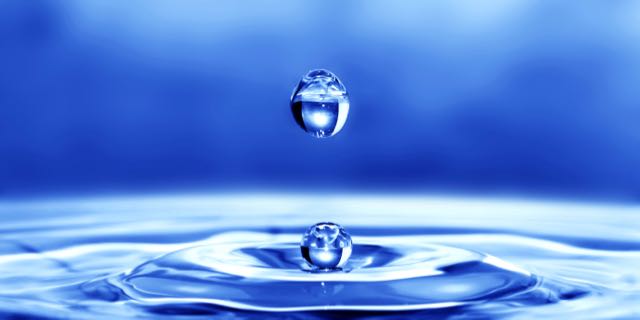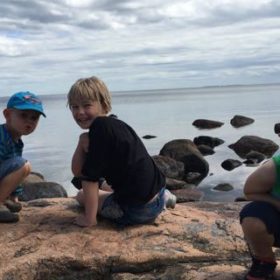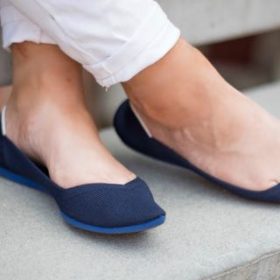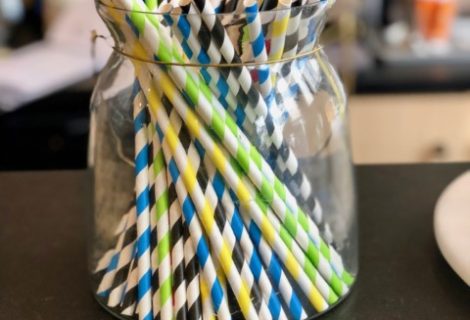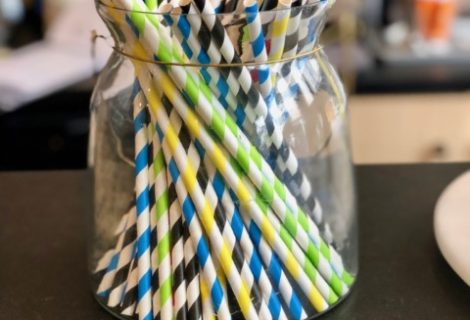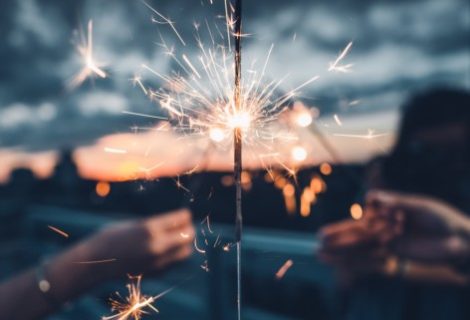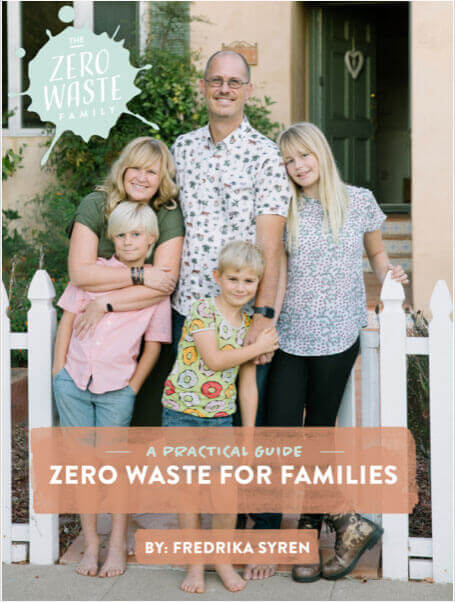By Fredrica Syren:
“Without water, life would not exist.”- Water.org
Since I live in sunny San Diego and have a homestead where I grow food for my family, whenever it rains I do a little happy dance. Water means life; only with water can things grow, live and survive. We have just lived through a major drought here in California: we had to learn to conserve water.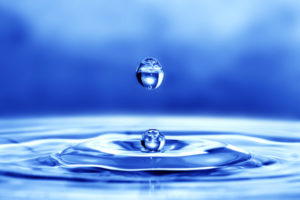
Of all our natural resources on earth, water is the most important. The fact is that all plants, humans and animals need water to survive. Many people who have access to plenty of water might take it for granted, but those of us who live in areas where the water reserve is low due to droughts, lack of water is a huge concern. Those of us living in San Diego do have the option of simply going to the grocery store and buying bottled water, but there are too many people on this earth who do not have the same luxury. Too many places are suffering from lack of water, and billions of people are being effected by water crises. It’s estimated that about one billion humans have no access to clean, drinkable water.
We humans are doing an excellent job at depleting earth’s natural resources — and water is one of them. Our planet might not completely run out of water, but more and more people around the world do not have access to clean fresh water when needed. Did you know that the world’s fresh water can be found in only six countries, and that only 3% of all water on Earth is fresh water?
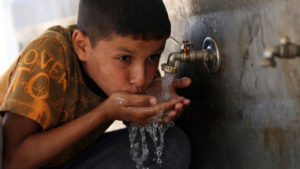 More than a billion people live without enough safe, clean water. Lack of fresh and safe drinking water brings on major health problems; in fact, diarrheal diseases account for over 100,000 deaths of children each year. Water crises also have a negative impact on food security as well as hunger and malnutrition. United Nations Sustainable Development estimates that by 2025, two-thirds of the world’s population could be facing serious problems with water availability.
More than a billion people live without enough safe, clean water. Lack of fresh and safe drinking water brings on major health problems; in fact, diarrheal diseases account for over 100,000 deaths of children each year. Water crises also have a negative impact on food security as well as hunger and malnutrition. United Nations Sustainable Development estimates that by 2025, two-thirds of the world’s population could be facing serious problems with water availability.
So, what is causing our water shortage?
First of all, lots of water is being used for agriculture; but pollution from towns and cities, industry and agriculture directly affects water supplies as well as our freshwater ecosystems. We also are facing a growing and changing population and new patterns of intensive water use; and we are not taking care of waste water as well as we should. Of course, rising temperatures and years of drought due to global warming are also huge problems for fresh water.
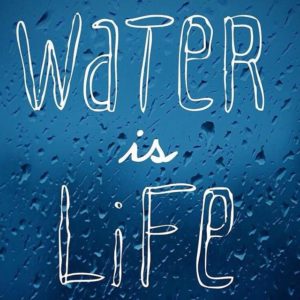 It’s time for us all to engage more in how we view water use and how we manage it. We cannot continue the path we’re on because projections suggest that the world may face a 40% shortfall in water availability by 2030, affecting at least 1.8 billion people.
It’s time for us all to engage more in how we view water use and how we manage it. We cannot continue the path we’re on because projections suggest that the world may face a 40% shortfall in water availability by 2030, affecting at least 1.8 billion people.
So, what can we as individuals do? The good news is that there are many things, small and large, we all can do to lessen our water usage. Here are some examples of what my family and I do:
- Let your lawn turn brown—Nothing is more sad than a brown, dead, dry garden…except, well, no water at all. So, as hard as it is to stop watering your lawn, it’s a must. Maybe this is a great time to replace your lawn with something that requires less water. As a matter of fact, you can save as much as 70 gallons of water per week by replacing grass with artificial turf or heat-tolerant landscaping such as rocks and cacti.
- Harvest rainwater—I know that if it does not rain often, to suggest harvesting rainwater sounds strange, but believe me those few times it rains really can fill up a rain barrel. And that water can be used for so much. Actually, in L.A., one thousand rain barrels donated by the Coca-Cola Company to Keep Los Angeles Beautifulwill be handed out in an effort to preserve rainwater.
- Install a grey water system—Grey water systems save water by collecting water from showers, sinks and washing machines; then cleaning it up and pumping it back into the toilet, washing machine, and to an outside tap so it can be used for watering a garden, too. Use of grey water can actually reduce water usage by 50% or so.
- Skip baths and take shorter showers—I, for sure, enjoy relaxing in a hot bath or, at the very least, taking a nice long shower. But no more! Shorter showers are the right way to go when saving water because for each minute in the shower there are another five gallons of water down the drain. One good way to conserve is to install a low-flow shower head: it costs only about $5 but can save about 2 gallons of water per minute. Compared to a standard shower head, a family of four can save approximately 20,000 gallons of water per year.
- Turn off water while washing hands and brushing teeth—According to the EPA, you can save up to 8 gallons of water every day if you just turn off water while brushing your teeth. That adds up to at least 200 gallons a month.
- Skip soda and beer—I know I’m talking about reducing our water usage, but drinking only water is still a better option compared to drinking beer and soda: 20 gallons of water go into making one pint of beer, and roughly two glasses of water go into that glass of soda.
- Say “no” to water in restaurants unless you plan to drink it all.
- Use a dishwashing machine instead of hand washing dishes—One thing that I learned — which surprised me — is that you save more water by using a dishwasher instead of washing dishes by hand. If you don’t have a dishwasher, your best way to conserve water is by soaking and washing dishes in a basin filled with water. You might be tempted to use disposable plates to save water, but it’s a sad fact that it takes loads of water to produce disposable plates, cups and cutlery.
For more ideas on how to help save water go here:
https://zerowastefamily.com/tapping-towards-solutions-water-preservation/#.WNbS3LGZOCQ
https://zerowastefamily.com/saving-water-garden/#.WNbTMbGZOCQ
https://zerowastefamily.com/recycling-grey-water/#.WNbTSbGZOCQ


